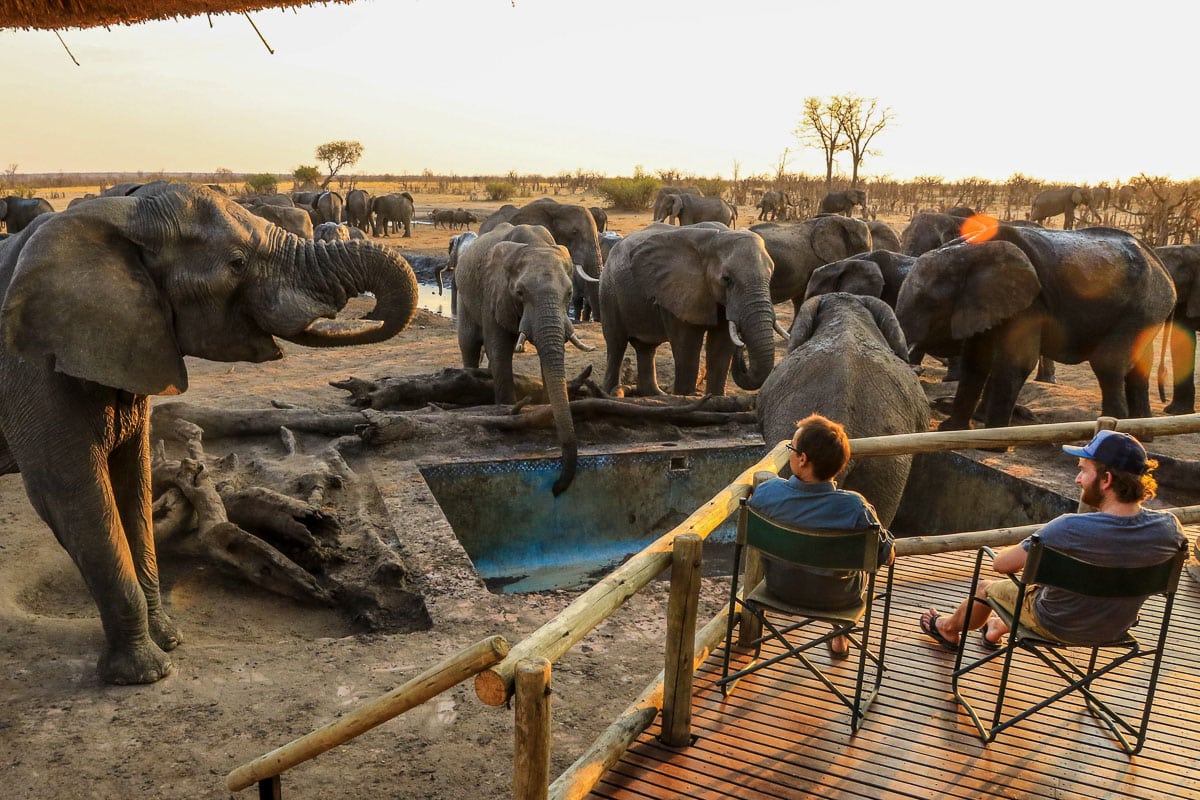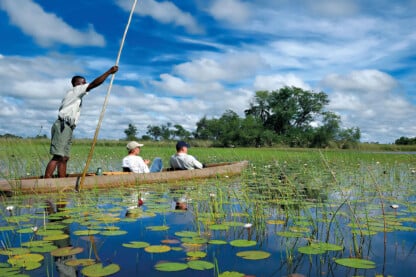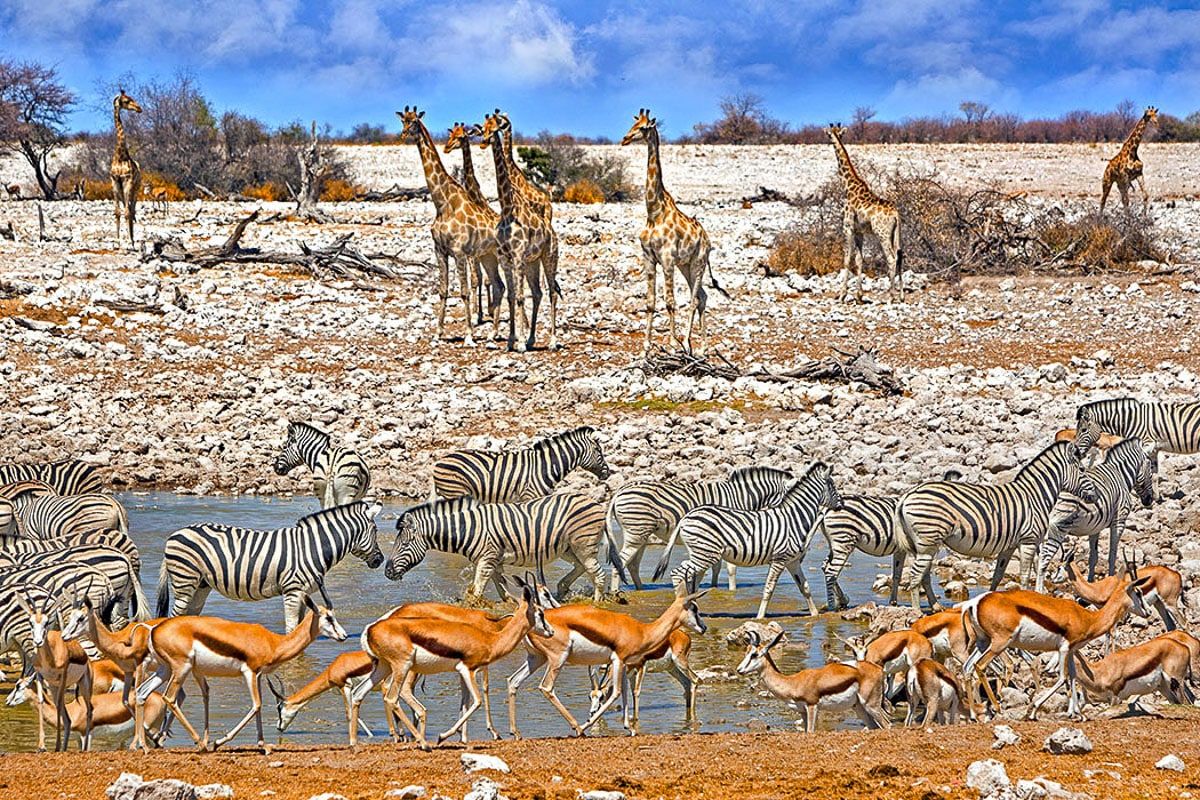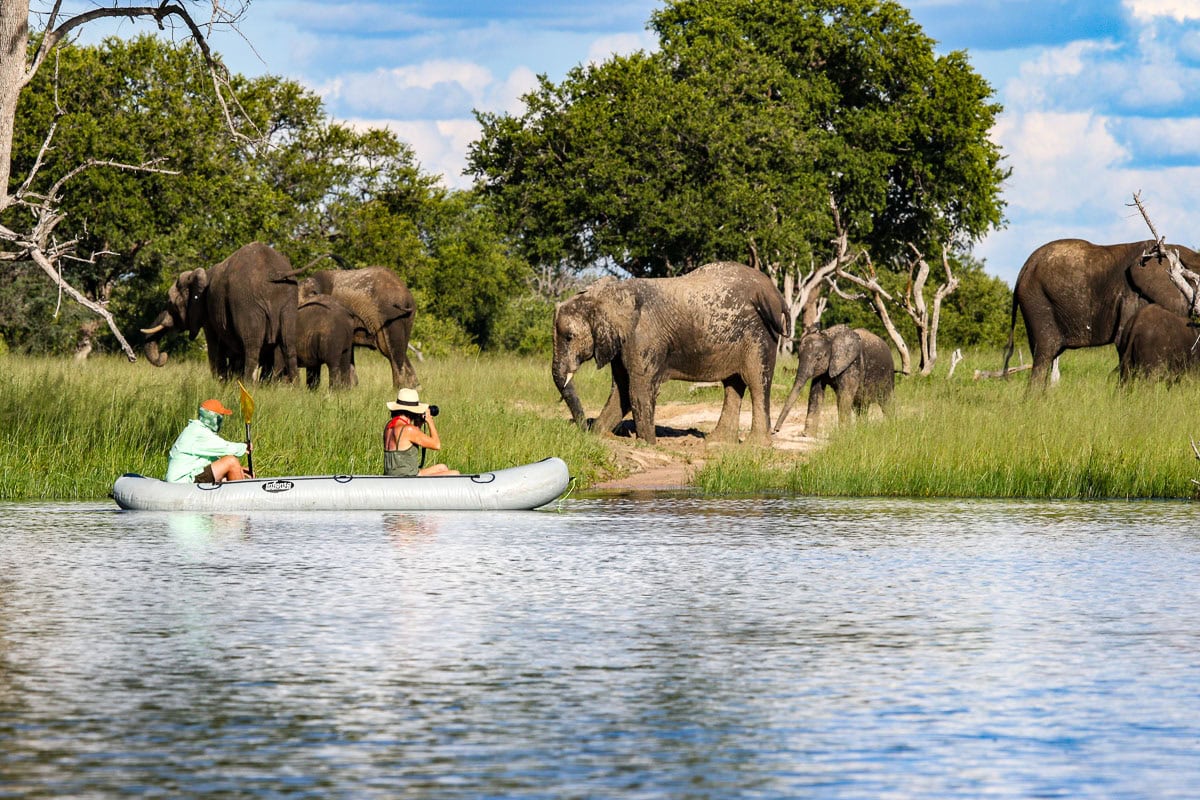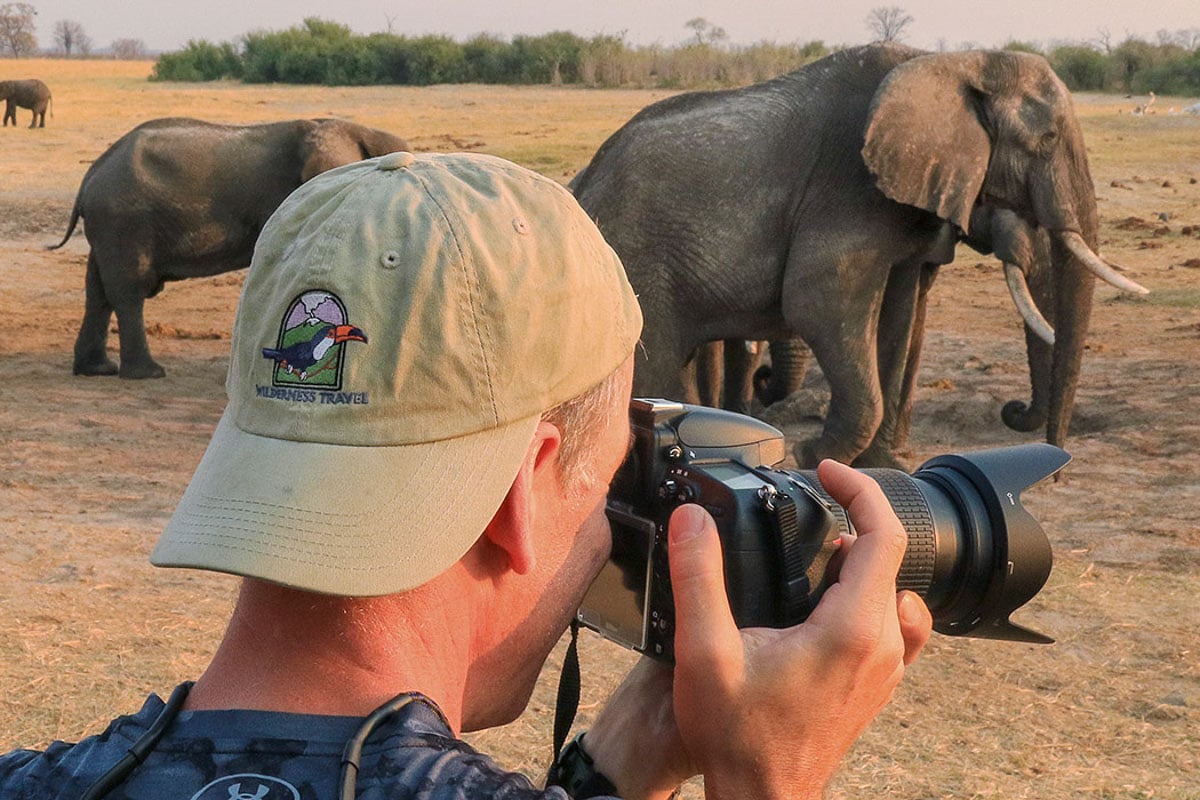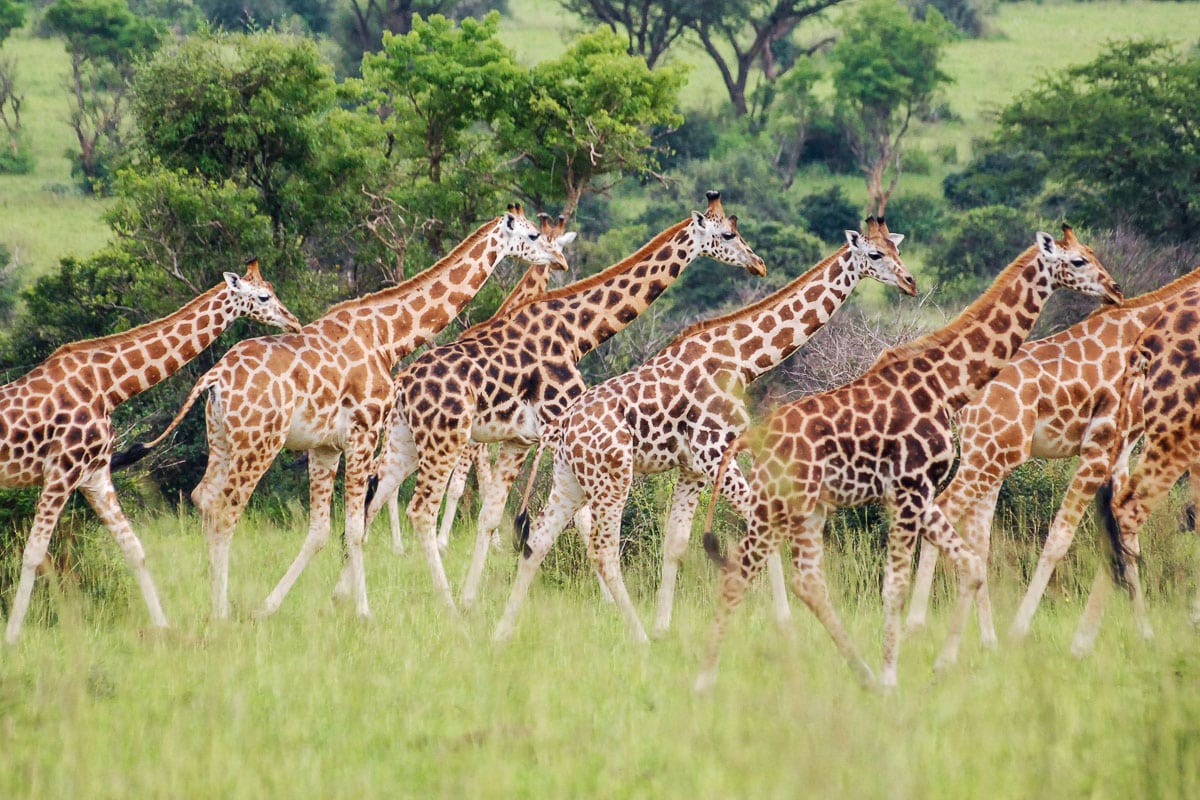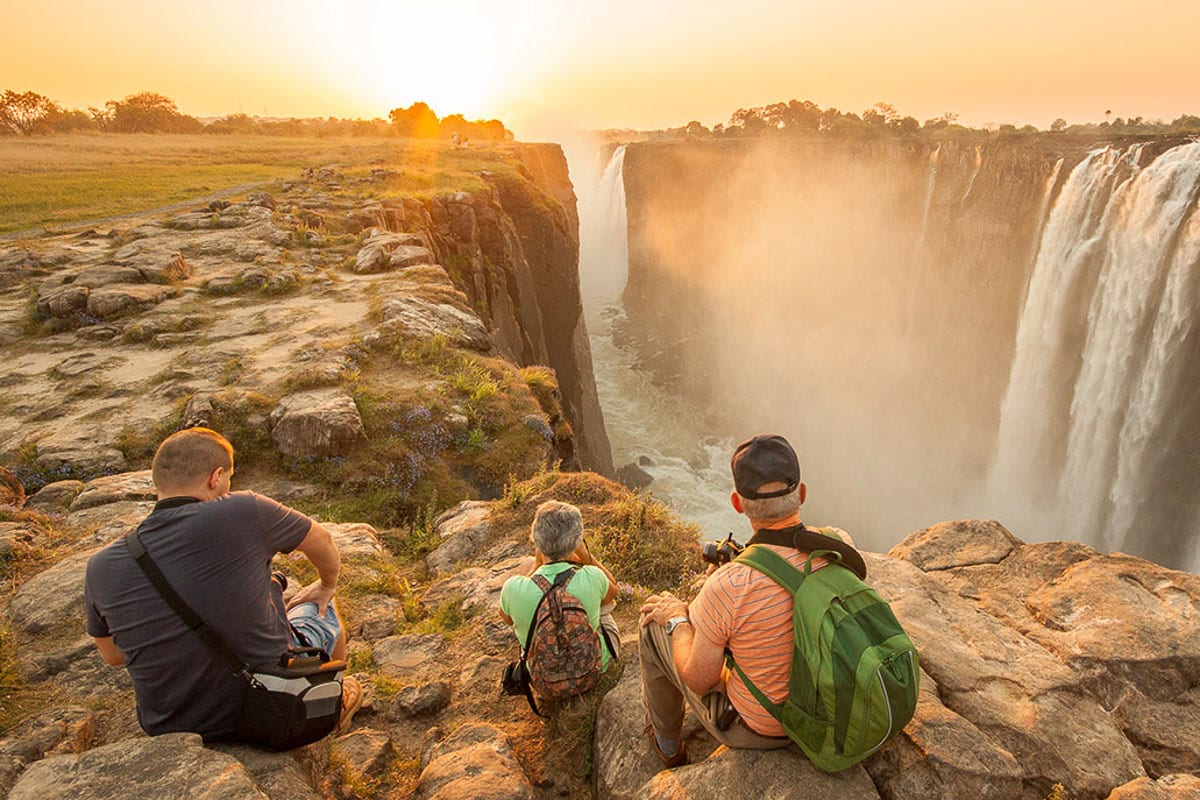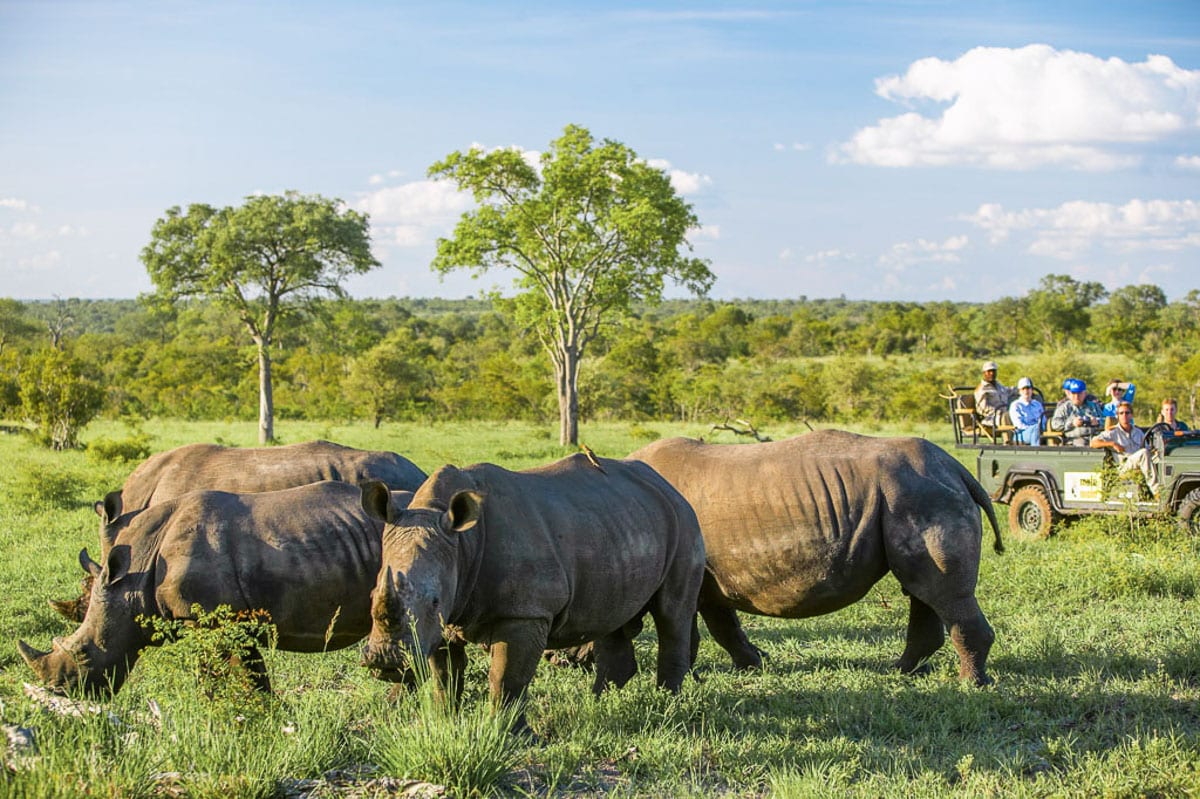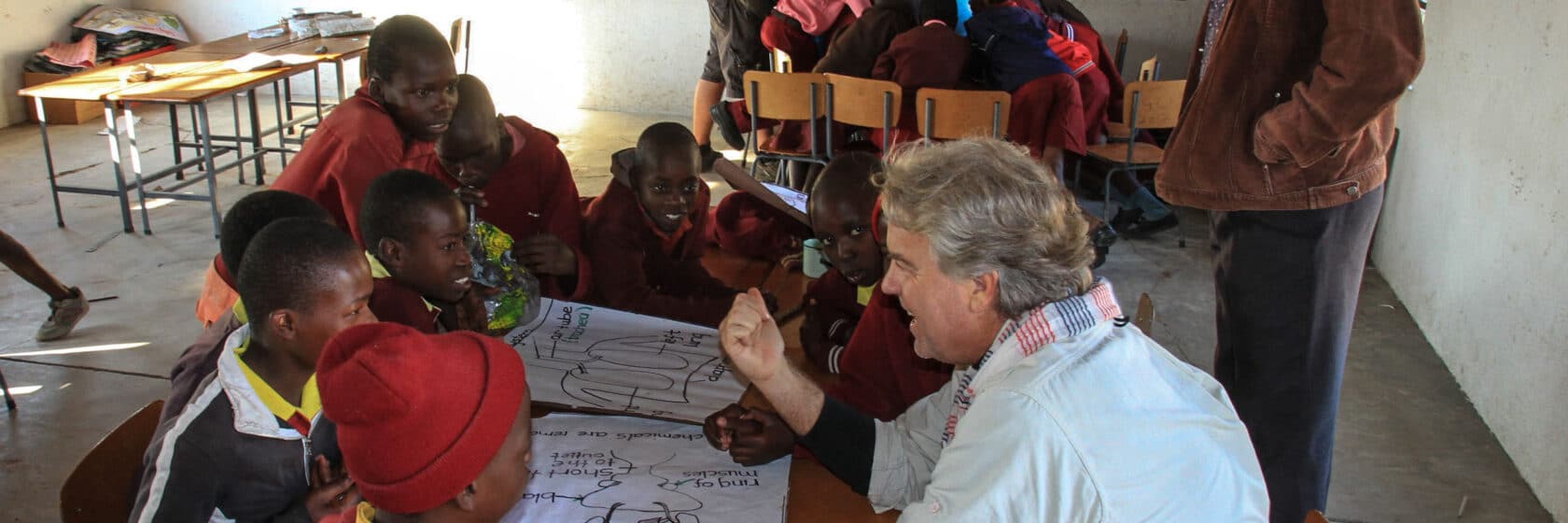
Zimbabwe
Community & Conservation
Along with our Zimbabwean partners, WT is deeply committed to the interconnected relationship between responsible tourism, local communities, and conservation. We strongly believe that tourism can be a force for good—to provide employment and sustainable income for local communities, which then in turn promotes the conservation of the local wildlife and natural resources.
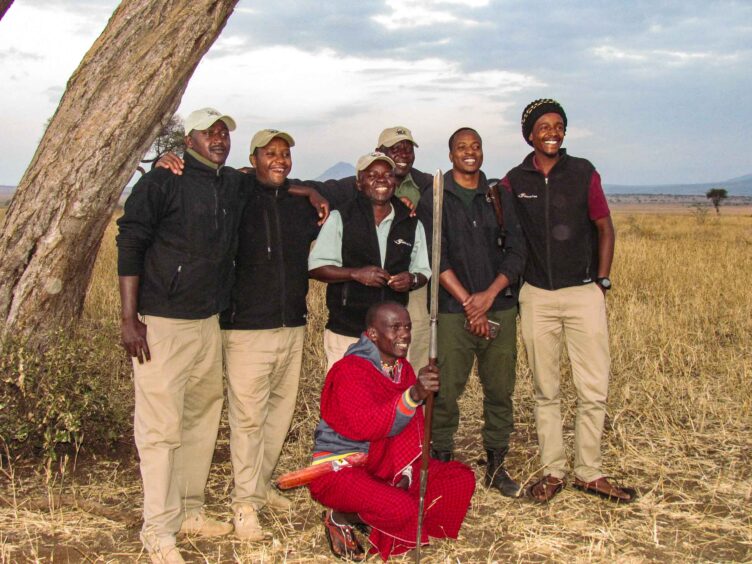
Community Lodges–Bringing Tourism, Community, and Wildlife Together
One of the lodges we have selected in Zimbabwe (Camelthorn Lodge) is built on communal land bordering the national park. By supporting this lodge, our tourism dollars go directly to the local villages—the concession fees and royalties are paid directly to the local councils (not to the central government) and through employment opportunities (100 people from the surrounding communities are employed on a long-term basis as guides or camp staff). Through these efforts, communities have a strong stake in wildlife conservation and are much more likely to help deter poachers and tolerate problem animals in their villages.
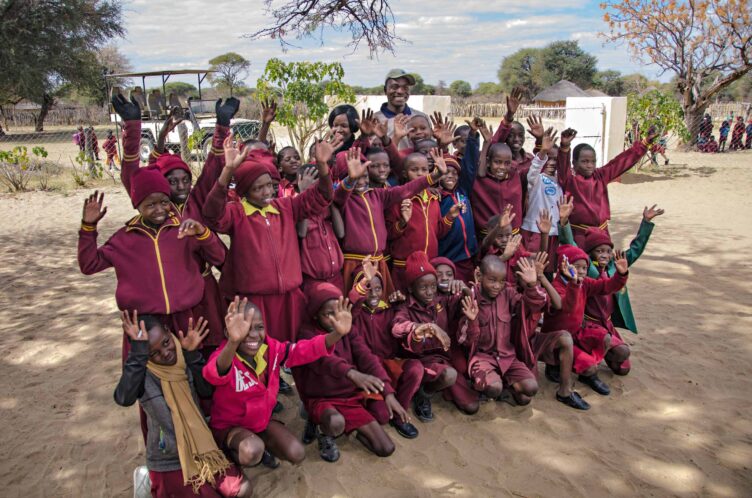
Authentic Cultural Exchanges
The proximity of these lodges to the local villages provides several opportunities for very meaningful, authentic, and unscripted cultural experiences (these are not choreographed visits that you might experience on other safaris). Given the strong connection that Camelthorn Lodge and our Trip Leaders have to the local community, our guests are welcomed to the nearby village as visiting friends not just as travelers
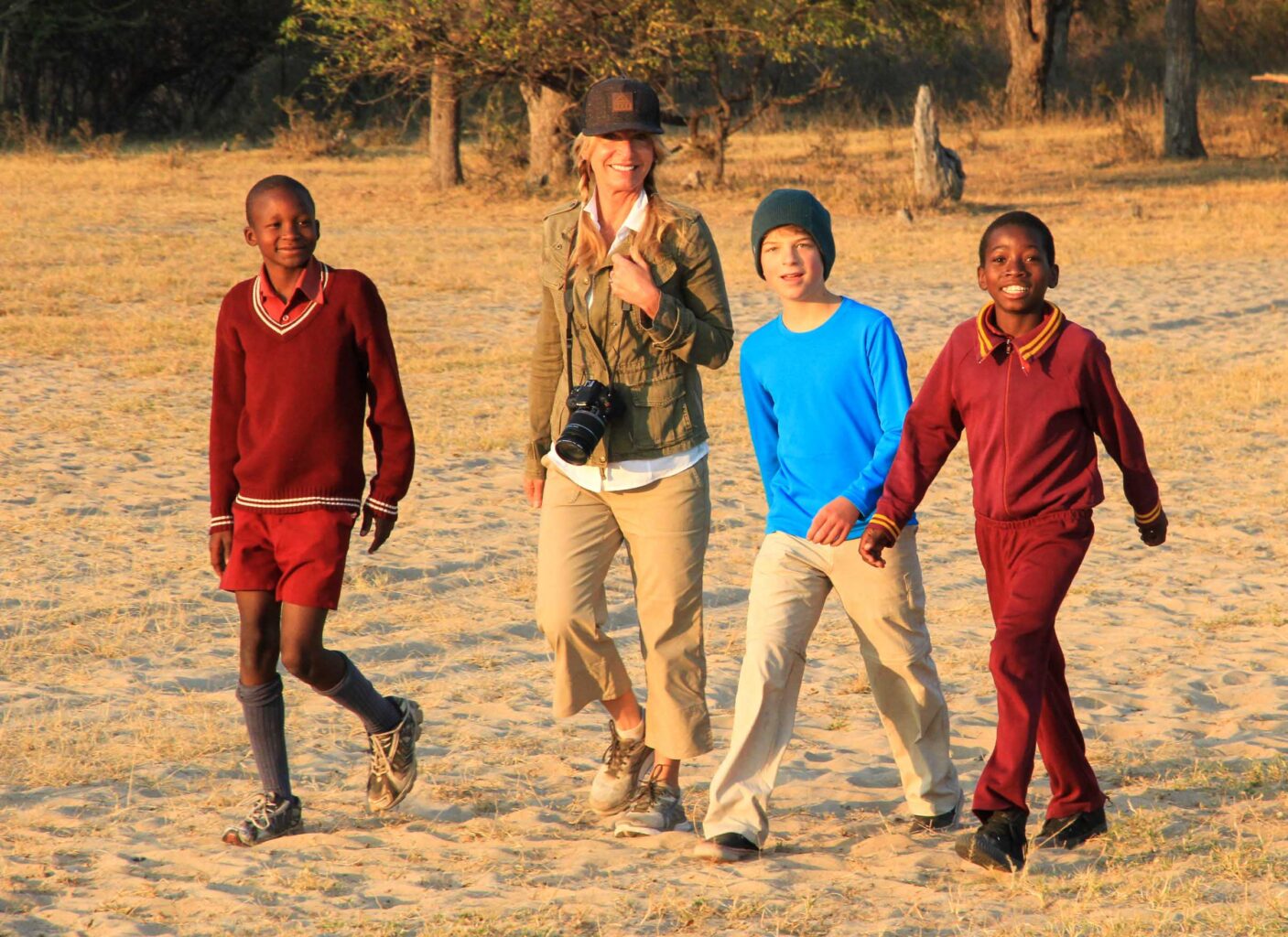
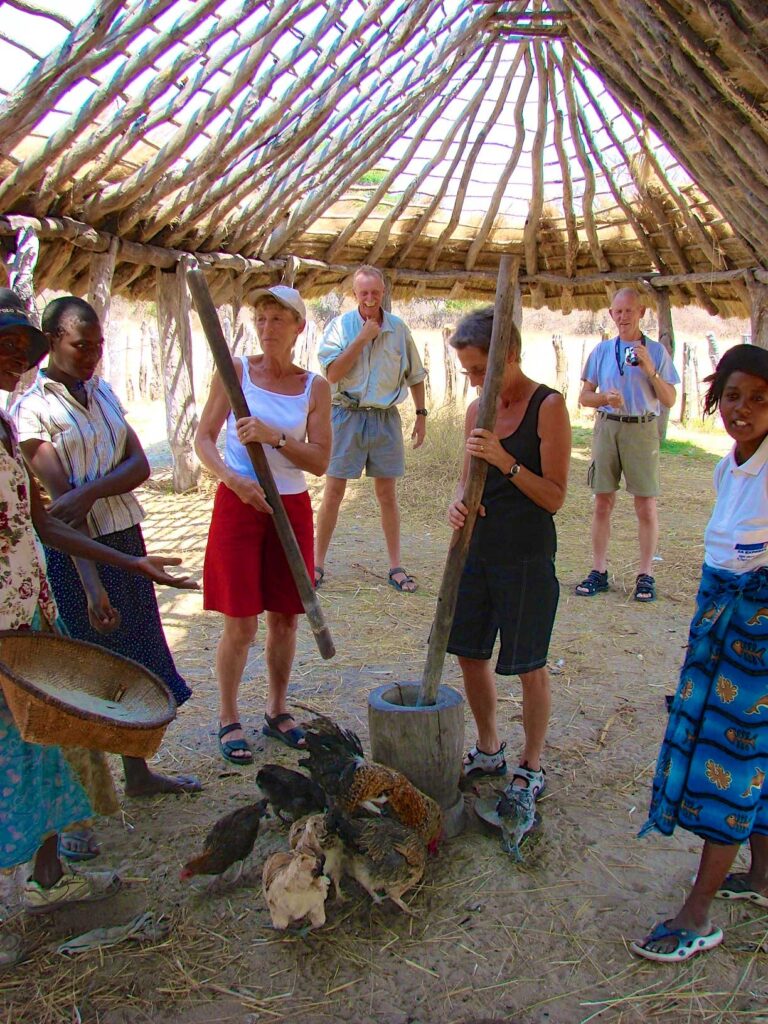
Initiatives to Support Conservation and Community
We are proud to support the work our local partners in Zimbabwe have undertaken for the local communities and wildlife conservation. Here are some examples of the incredible work your tourism dollars help support:
Community Initiatives
- Built 8 double classroom blocks comprising Ngamo primary and secondary schools accommodating 640 students from the local communities and 11 teachers’ accommodations.
- Donated over 6,000 new books to eight schools in collaboration with the Hwange Schools Project.
- Treated over 15,000 patients since 2011 as part of the annual Dental and Optical Safari, providing free dental care to local people in the remote areas around Camelthorn and Nehimba lodges (12, 041 dental patients and 3,377 optical patients).
- Drilled over 80 boreholes for local villages, providing approximately 1,500 school children and 2,280 households, totaling 13,680 people, with clean drinking water.
- Fed 2830 students per day at 11 schools for five months during the drought of 2015-2016, a remarkable total of 415,310 meals!
Conservation Initiatives
- Provide support and funding for two anti-poaching teams in Hwange National Park in the form of wages, training, supplies, bedding, tents, and communication equipment. The locally renowned cheetah, Queenie, is alive today due to the success of anti-poaching units who released her from a poacher’s snare.
- Operate 16 boreholes inside Hwange National Park, pumping 185,000 gallons of water at the peak of dry season, which sustain an estimated 20-25% of Hwange’s wildlife and as many as 10,000 elephants alone.
- Installation of a solar water pump at the remote Makona ranger station in the south of Hwange National Park, which provides not only water for the animals and rangers, but also power for radio communications with park head quarters and charging batteries for handheld radios and lights for the rangers.
- Maintain 175 miles of fire breaks along the border of the park as well as fight wildfires within the concessions and in the park itself.
- Built and operate Jozibanini Camp in remote southern Hwange National Park, which is near the site of a terrible elephant poaching incident in 2013. The camp was specifically opened to provide more “eyes” and “boots” on the ground in the wild and remote southern part of Hwange. Since Jozi opened in 2015, poaching in this part of Hwange has been nearly eradicated thanks to the camp and the benefits of tourism delivered to nearby communities, in addition to the increased presence of park rangers and anti-poaching teams.
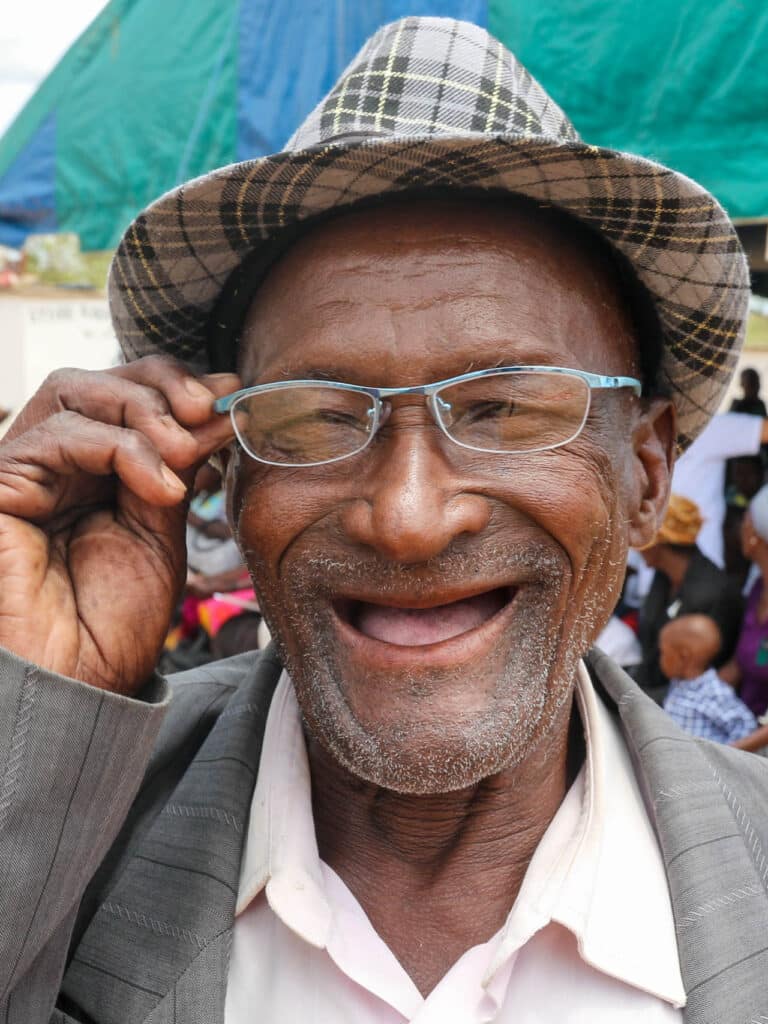
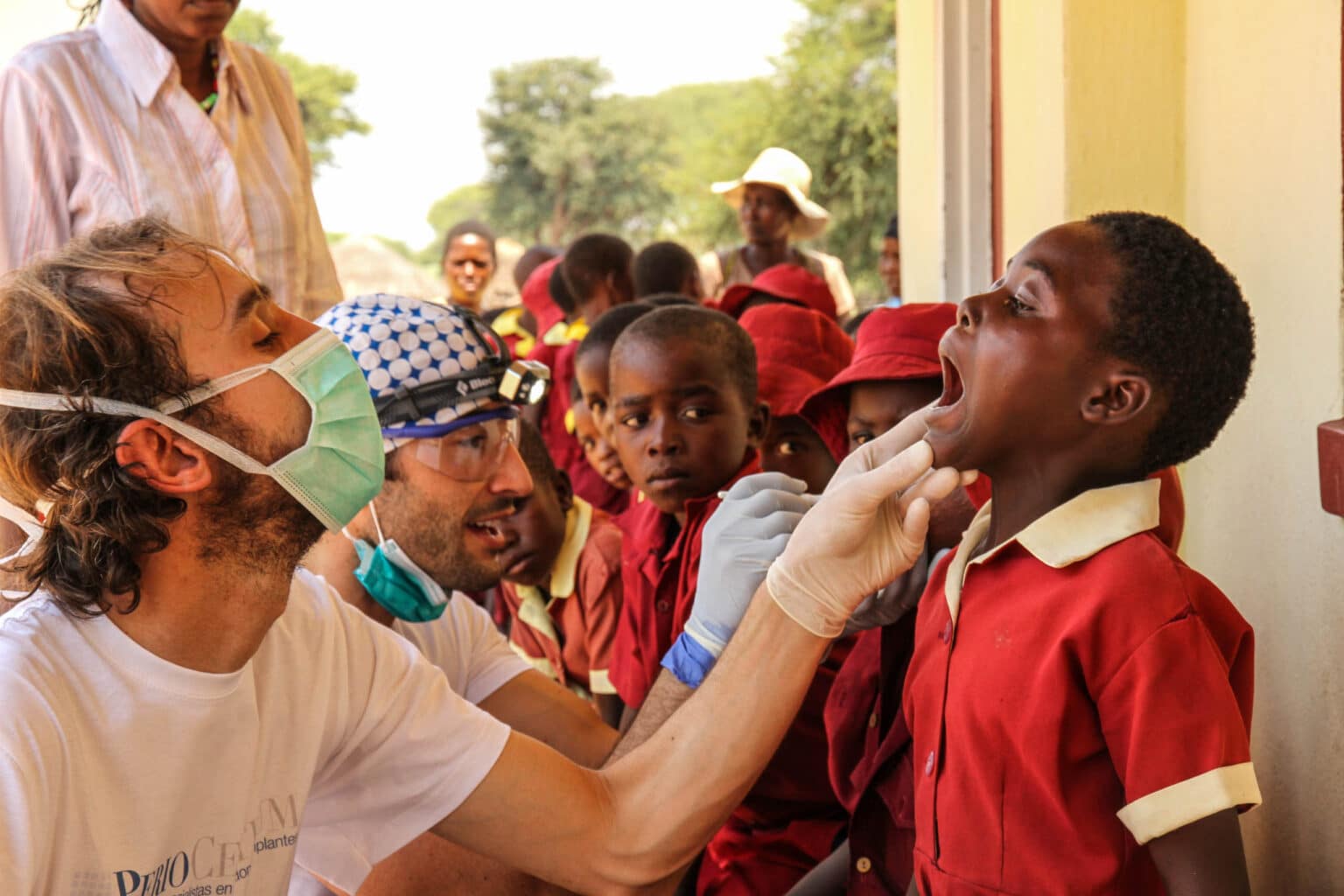
Learn More
Talk to an Expert
Our Africa Specialists know every detail about our Zimbabwe safaris. They will be happy to answer any questions and help you choose the journey that’s right for you. Contact us to learn more or book your trip today!

